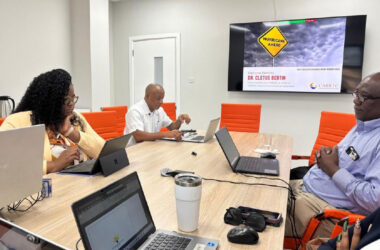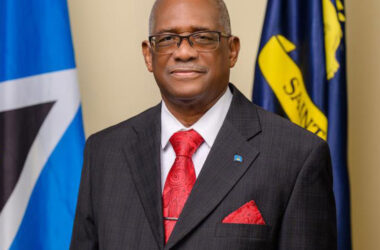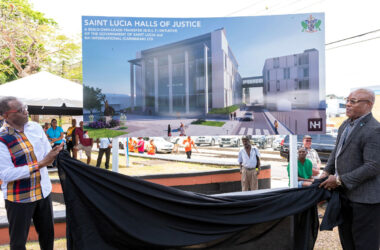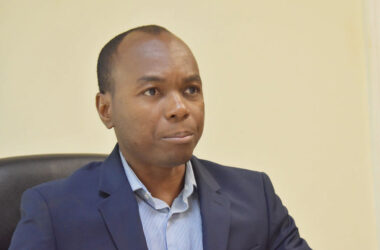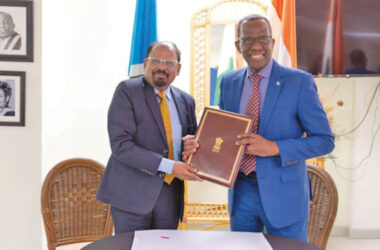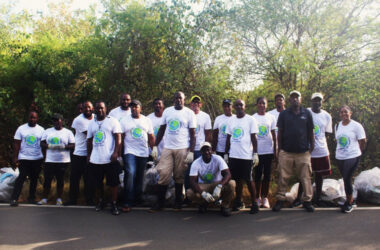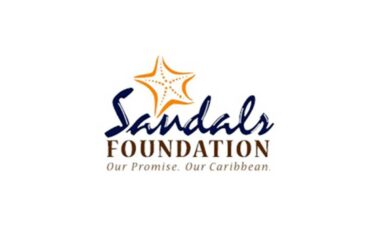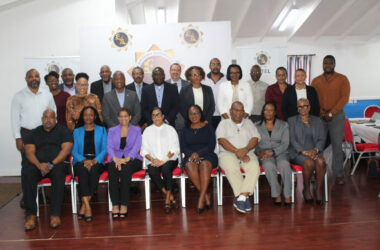A five-day Regional Training Workshop in Post-Disaster Needs Assessment (PDNA) Methodology held in Barbados from March 27 – 31, 2023 benefited seven Caribbean Disaster Emergency Management Agency (CDEMA) participating states.
The workshop was designed to build resilience among the participating states, maximize and accelerate effective response and recovery.
CDEMA received support for this initiative from the United Nations Development Programme (UNDP) Barbados and the Eastern Caribbean, the European Union through the PARTICIP Project, and by the Enabling Gender-Responsive Disaster Recovery, Climate and Environmental Resilience in the Caribbean (EnGenDER) Project, which is funded by Global Affairs Canada and Foreign Commonwealth and Development Office from the Government of the United Kingdom. The initiative aimed to develop professionals with the capacity to support the assessment of damage and loss and sectoral recovery needs in the wake of a disaster.
Climate change has increased the frequency and intensity of natural disasters, making vulnerable groups such as low-income communities and coastal populations more susceptible to their impacts; for instance, in the Caribbean and thus the participating states, rising sea levels and stronger hurricanes threaten the livelihoods and safety of island nations that heavily rely on tourism and fishing industries.
Since 2020, the EnGenDER project has been implementing initiatives in nine Caribbean countries to integrate gender equality and human-rights based approaches to strengthen disaster risk management and build resilience for the effects of climate change. The PDNA methodology training will be provided to senior economic planning and sectoral representatives from the seven CDEMA participating states: Antigua & Barbuda, Belize, Dominica, Grenada, Jamaica, Saint Lucia and Saint Vincent and the Grenadines.
The UNDP support includes technical support from the Panama Regional Hub (PARH) and sponsorship of some of the Trainer Experts from UNDP Global through PARH. The purpose of the training workshop was to provide technical support to 40 professionals who are responsible for planning and executing needs assessments and designing their own recovery frameworks within their country. The ultimate goal was to ensure a consistent and coherent approach while delivering an objective and comprehensive estimation of recovery needs. Furthermore, the workshop aimed to facilitate swift decision-making and action. The workshop enabled participants to acquire the necessary knowledge and skills to support their respective participating states in post-disaster recovery efforts. This event underscored the importance of regional cooperation and partnership in disaster risk reduction and management. It is a step towards building a more resilient Caribbean region.
Head of Cooperation for the Eastern Caribbean at the High Commission of Canada, Abebech Assefa shared, “Canada is committed to reducing the impacts of natural disasters and providing timely and effective assistance for those who have been affected as they recover and rebuild. Canada stands at the forefront of promoting and supporting gender equality and I am happy that gender will be a cross cutting theme of the training. The reality is that men, women, boys, girls and all other groupings are impacted by events differently and if we don’t acknowledge that when we undertake our needs assessments, we risk exacerbating pre-existing inequalities or creating new ones.”
Mr. Richard Carter, Team Leader of Climate Change and Disaster Risk Reduction for the UK Foreign, Commonwealth & Development Office addressed the audience in the Opening Ceremony and noted, “In the current context of increasing frequency and intensity of natural disasters in the region; the absolute necessity for evidence-driven prioritisation of limited financial resources post-disaster; and the expected requirement of internationally standardised disaster impact assessments as the basis for claims against loss and damage funding, this PDNA training is far from an esoteric or academic exercise – it is a functional necessity for the Caribbean region.”
Lieutenant Colonel Kester Craig, Deputy Executive Director of CDEMA stated, “This workshop forms a key part of CDEMA’s thrust to enhance recovery capacities in the region, and it contributes to the mandate of the Caribbean Resilient Recovery Facility (CRRF), which is being established, in collaboration with other regional and international partners, to effectively operationalize and manage recovery in the Region. CDEMA is striving for resilient recovery that is nationally driven by strengthening Governments’ recovery systems before a disaster strikes. Given the uncertainty around future climate impacts and other emerging hazards, CDEMA is seeking to strengthen the capacities of national governments to plan for and effectively manage recovery from disasters. By hosting this workshop on the methodology for post-disaster needs assessment and by operationalizing the Caribbean Resilient Recovery Facility, CDEMA is working on many different fronts to advance recovery and Comprehensive Disaster Management in the region.”
Mr. Ugo Blanco, Deputy Resident Representative for UNDP Barbados and the Eastern Caribbean stated, “This training is timely as the Caribbean is well known to be among the most hazard prone regions in the world and is particularly exposed to geological and hydrometeorological hazards.” As he provided Caribbean examples of the hazards, he stated, “All [disaster examples] underscore the need for recovery planning, institutionalizing recovery in government and the building of recovery capacity to reduce the loss of life, property, environmental assets and livelihoods in Caribbean SIDS.”
As climate change effects become more prevalent in the region, it is vital that developmental efforts continue to reinforce the need for regional resilience and bolstering livelihoods for traditionally vulnerable groups. UNDP Barbados and the Eastern Caribbean, in partnership with governments and stakeholders, remains dedicated to the advancement of inclusive and sustainable development throughout the region. This intervention is part of the work of UNDP Barbados and the Eastern Caribbean in its commitment to building resilient communities that can withstand shocks and crises while reducing gender vulnerabilities.



